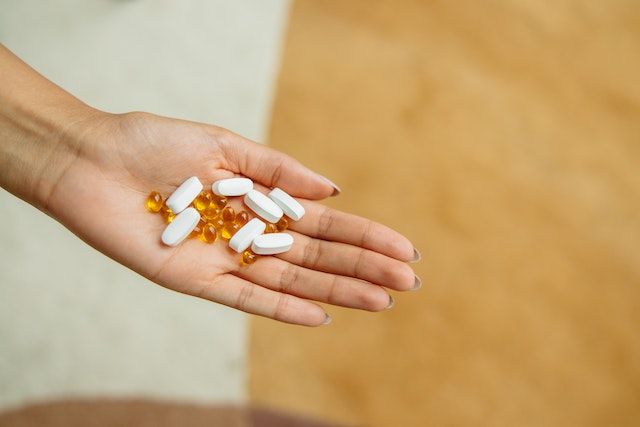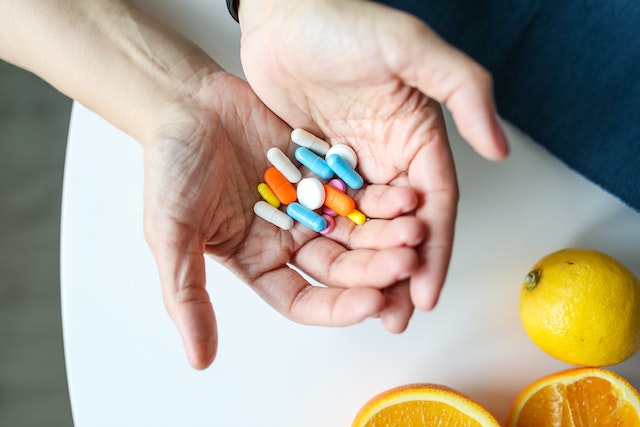
Health is important. But what a body needs changes as a person ages. This is especially true for women 40 and older. While this time is often seen as the golden years, there is still a lot to learn about taking care of your 40+ body.
Health at 40
For some women, turning 40 doesn’t seem like a big deal. It can seem like just another year, another birthday, but there are serious health concerns to be aware of as you creep up and over the 40-year mark.

Moving to a new decade brings new and increased risk factors. After 40, the risk for diabetes, breast cancer, heart disease, and high blood pressure is much higher. Not only will these concerns affect how you eat and exercise, but they will also dictate how often and when you talk to your doctor.
Another big concern or milestone of a woman’s 4th decade is menopause. Many women know menopause is nearing, but less time is spent discussing the perimenopause stage. While menopause is often associated with certain symptoms, those symptoms are actually characteristics of perimenopause. Many women in their 40’s opt to take bioidentical hormones to offset undesired perimenopausal changes.
It’s during this stage that a woman’s body is preparing for menopause, the last menstrual cycle a woman will experience. This often leads to a dramatic shift in hormones, which can and does affect many different bodily functions.
Women experiencing perimenopause can expect symptoms like an increase in anxiety and depression, hot flashes, weight gain or fluctuation, and even fatigue.
Even if you’re feeling good, it’s important to stay proactive. Visit your doctor regularly and maintain some healthy habits – a healthy habit, a regular exercise routine, and staying on top of the essential vitamins and minerals your body needs.
Minerals and Vitamins
Many of the symptoms or complaints women have during their 40s come down to a lack of an important vitamin or minerals. While it’s best to get most vitamins or minerals naturally through a healthy and well-balanced diet, supplementing with high-quality pills and powders is a great option. These supplements can help battle some of the common age-related symptoms.
One of the biggest obstacles to supplementing your vitamins and minerals is the sheer volume and number of options. Women struggle to know which vitamin to take and how much. The good news is there are a few supplements that women over 40 should focus on.

Vitamin B12
Vitamin B12 is responsible for maintaining normal blood and brain functions. This vitamin is found in a lot of foods many people consume regularly, but as we age the rate of absorption decreases. Supplementing with a daily dose of Vitamin B12 can help offset that decrease.
Calcium
Calcium is usually touted as a way to fight against fractures or bone breaks, it has a lot more to offer women in their 40s. While bone health is mostly established before a person turns 30, taking a calcium supplement can help maintain that bone health as a woman ages.
Vitamin D
Without vitamin D, a woman can be at an even higher risk of diabetes, heart disease, certain cancers, and multiple sclerosis. Taking a daily vitamin D supplement can help reduce those risks, plus it helps the body absorb higher levels of calcium.

Magnesium
Women over 40 have a high risk of increased blood pressure and heart disease. The good news is a daily supplement of magnesium can help decrease those risks. On top of that, magnesium can help maintain the healthy function of the muscles, nerves, and heart. It’s one of the most important supplements to have on your over 40 list.
Potassium
For women postmenopause, potassium is key to reducing the risk of stroke. This is a big concern for women 40 and older, and potassium helps keep blood pressure lower. One warning, however. Too much potassium can cause bigger problems, so check with your doctor about how much potassium you should be taking.
This list isn’t exhaustive – every woman is different and everybody is different – but it is a good start. Outside specific health concerns and needs, most women over 40 should consider these vitamins and minerals.
It’s not just about the vitamin and mineral intake, however. Pairing these essential nutrients with a healthy diet and exercise routine. Science has proven time and again that establishing an exercise routine, even later in life, can improve flexibility, mobility, and quality of life. It can be hard to start these types of routines – exercise and vitamins – but it’s important. These things keep us feeling young and on top of our game!
It’s important to also remember to take Omega 3 supplements as well as DIM to help manage estrogen levels. You may also consider Vitex to promote natural progesterone — the hormone that is made only after ovulation which keeps estrogen stimulating effects on tissues like breast and uterus balanced.
Are Your Vitamins Working?
Do you know that you can measure your antioxidant score? Do you know if your vitamins are working? Come visit us at HERA Health Care and ask about the biophotonic scanner from Pharmanex! With our biophotonic scanner to learn more about whether or not your diet or multi works with your body. It costs only $25! You can get a complimentary scan on your birthday month, too! Contact us to learn more.





